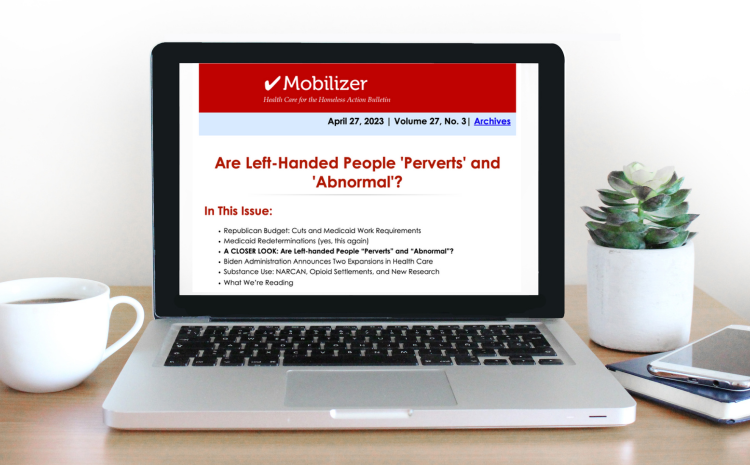Cultural humility is an important step toward providing quality care tailored to health center patients, but it does not need to be the final step. Incorporating trauma-informed principles, providing space for patients to take an active role in decision-making and care, and looking for opportunities to learn more about a patient’s specific culture needs leads to positive patient encounters, increased patient satisfaction, and positive health outcomes. The Cultural Safety model is a means toward incorporating these ideals.
In the Spring of 2024, the National Health Care for the Homeless Council (NHCHC) will facilitate a Learning Collaborative for Primary Care Associations (PCAs) and health centers to explore the Cultural Safety model and develop concrete steps toward training and implementing the model in their community context.
By the end of the Learning Collaborative, all participants will have contributed to a workbook/guide to support the development of cultural safety training across their community. Following finalization of the guide, the group will have the opportunity to come together to develop a training curriculum tailored to their community. The group will also have opportunities to demonstrate the implementation of these practices and their success.
Incorporating a Cultural Safety Lens into Health Center Practice: A Learning Collaborative to Build out a Regionally Specific Training Plan
Eligibility: Prioritized applicants must be representatives of a Primary Care Association, Health Center Program grantee, or potential Health Center grantee. (Additional participants may be approved as space allows.)
Fee: Free
Commitment: Accepted applicants are asked to attend a total of four learning sessions between January-April 2024.
A second iteration of the Learning collaborative will be held in the next fiscal year and is intended to build on this current cycle. Applicants are encouraged to make plans to participate in the second-year process.
Expected Outcomes
Session Dates
SESSION 1 Jan. 30 from 2:30-3 p.m. CST
SESSION 2 February 27 from 2:30-3 p.m. CST
SESSION 3 March 26 from 2:30-3 p.m. CST
SESSION 4 April 30 from 2:30-3 p.m. CST



